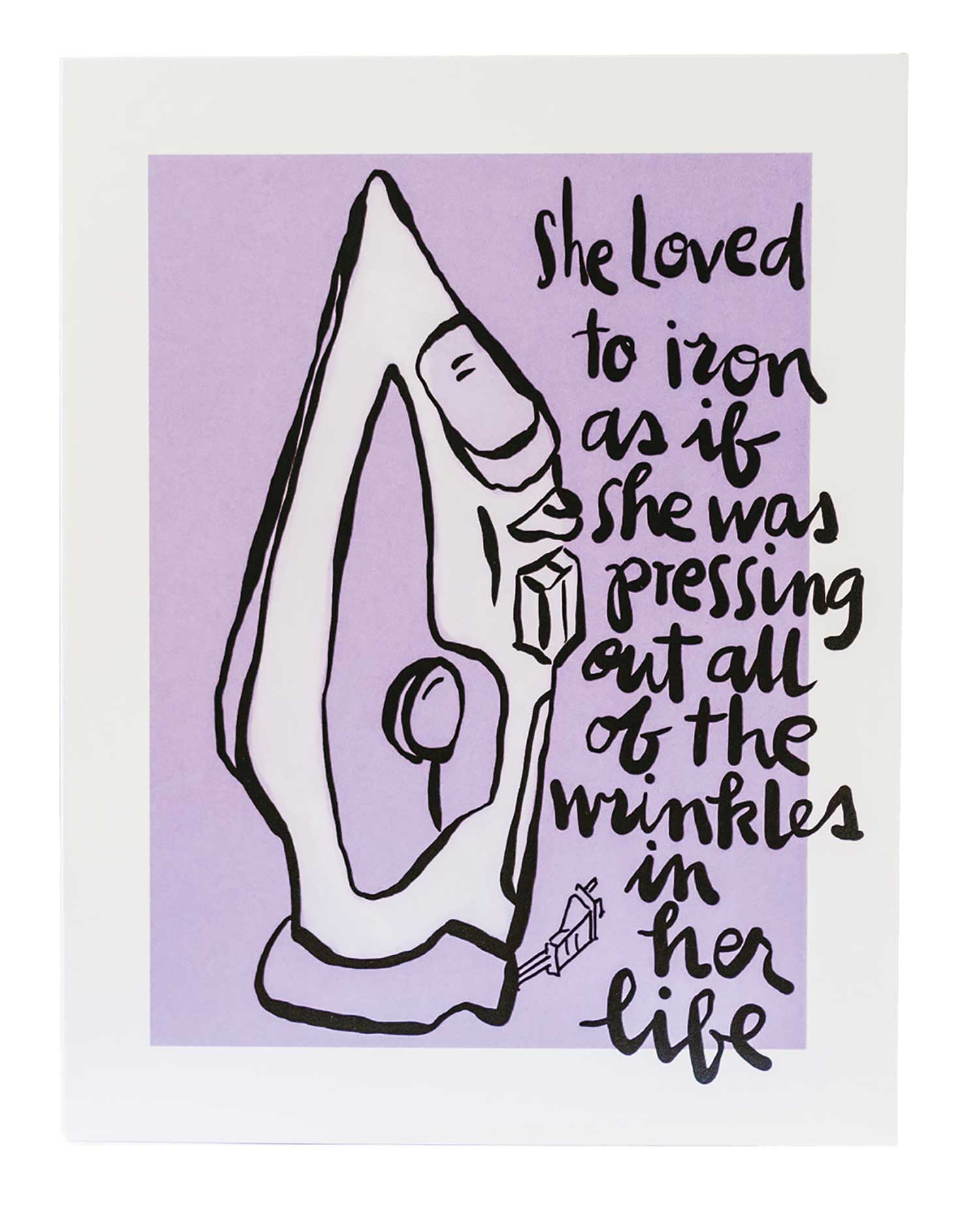News
March 20, 2019
Retailers welcome bipartisan legislation to address tax bill typo
The National Retail Federation (NRF) welcomed bipartisan legislation introduced in the Senate that would fix a drafting error in the tax reform law that took effect in 2018. The error relating to depreciation rules is delaying job-creating investments in stores and restaurants across the country.
“It’s hard to imagine that an unintended typo in a tax law has created so much uncertainty, but that’s exactly what many American retailers have been dealing with for over a year now,” said David French, NRF’s senior vice president for government relations. “This error might seem small, but it’s having a large impact on companies that have been forced to delay or cancel improvement projects to stores and restaurants, costing new jobs as a result. Congress has allowed this issue and the economic fallout to fester for too long. We applaud the bipartisan effort of Senators Toomey and Jones to restore investments in our communities, and we urge Congress to move quickly in fixing this tax code typo before more jobs are lost.”
Under the Tax Cuts and Jobs Act, remodeling and other improvements to stores or buildings were supposed to be fully depreciated in the first year the work is done. Instead, a mistake in the legislative language requires that depreciation be done over 39 years. As a result, companies can only deduct 2.5 percent of costs in the year the investment is made and deduct the remaining 97.5 percent over the following 38 years.
If not for the typo, the critical tax provision could be creating jobs for construction workers, boosting orders for materials and supplies, helping the real estate industry, revitalizing troubled shopping malls and struggling downtowns and creating long-term employment for countless retail and restaurant workers.
The Restoring Investment in Improvements Act, introduced by Senator Pat Toomey, R-Pa., and Senator Doug Jones, D-Ala., would correct the error in the tax law and allow retailers and restaurants to write off the full cost of improvement projects immediately, dramatically reducing the expense and making it far more likely that the projects — and the economic benefits that come with them — would go forward.





















0 CommentsComment on Facebook